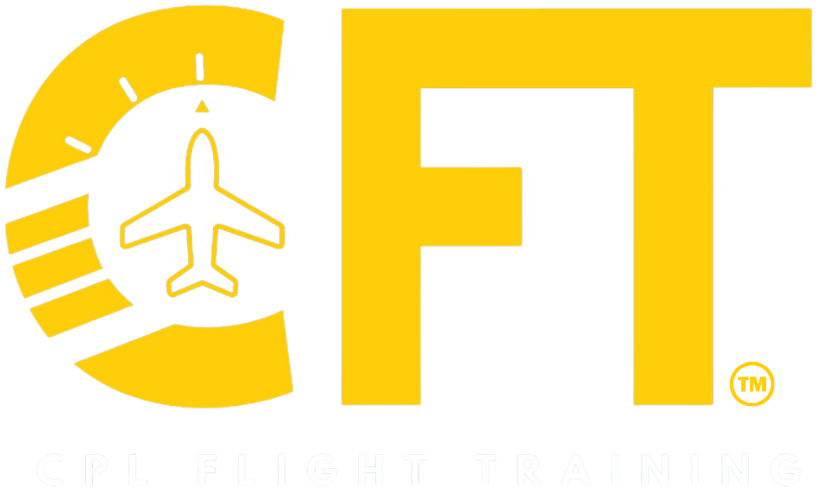- India | USA | South Africa | Australia | U.K
- info@cplflighttraining.com
- Opening : Mon-Sat 08:30 - 18:00
United Kingdom
A guide to Flight Training in U.K

Introduction
The United Kingdom has long been recognized as a hub for world-class pilot training, attracting aspiring aviators from across the globe. Boasting modern facilities, a well-regulated aviation sector, and an emphasis on both theory and practical flying skills, the UK offers robust programs for those serious about aviation careers. However, every training journey comes with its own set of benefits and hurdles. This blog will explore the pros and cons of flight training in the UK, featuring insights from students and highlighting what makes this destination stand out.
What is the U.K License Recognition Level compared to the world?
- The U.K CAA license adheres to ICAO standards.
- Global recognition - TOP 5 worldwide
The UK’s high cost of living, particularly in major cities, can be a significant challenge for students. Accommodation, food, and daily expenses can strain budgets. Moreover, while the UK’s cloudy weather and unpredictable conditions may lead to training delays, it also provides valuable experience flying under diverse conditions, helping students become resilient, adaptive pilots.
What is U.K offering for Pilot Training in 2025?
In 2025, the UK remains committed to being a leader in pilot training through a combination of cutting-edge technology, stringent safety standards, and strong links to the global aviation industry. With a focus on advanced simulation training, environmental sustainability, and modernized curriculum, UK flight schools are preparing the next generation of pilots to meet the demands of a rapidly evolving industry.
Pros of Flight Training in U.K
Reputation for High Standards
Flight schools in the UK operate under the stringent oversight of the UK Civil Aviation Authority (CAA), which follows European Union Aviation Safety Agency (EASA) regulations. This rigorous approach ensures that pilots trained in the UK meet high safety and competency standards, making UK licenses highly respected around the globe.
Modern and Well-Equipped Training Schools
The UK boasts a range of well-equipped flight schools, offering advanced simulators, high-tech training facilities, and experienced instructors. This allows students to develop both practical skills and theoretical knowledge in state-of-the-art settings.
English Language Advantage
English is the international language of aviation, and training in the UK offers immersive language practice, helping non-native speakers master aviation terminology and communication skills, crucial for global aviation roles.
Diverse Airspace Exposure
UK trainees have the opportunity to operate in various types of airspace, from busy international airports to smaller regional strips. This diverse training environment prepares pilots for both commercial and general aviation.
Networking and Industry Connections
With its established aviation sector, the UK offers networking opportunities with airlines, recruitment firms, and aviation professionals, facilitating smooth transitions from training to employment.






Cons of Flight Training in U.K
High Cost of Training and Living
The UK is known for its relatively high cost of living, and this can make flight training an expensive undertaking, especially for international students. Expenses such as tuition, housing, and everyday living costs can quickly add up.
Challenging Weather Conditions
The UK’s often unpredictable and cloudy weather can cause training delays due to low visibility and adverse flying conditions. While this can serve as practical experience, it may slow down the training process.
Complex Airspace Regulations
The UK’s busy and complex airspace can be challenging for beginner pilots, requiring additional training and careful adherence to regulations. While this offers practical exposure, it can also be daunting initially.
Strict Licensing Standards
The high standards of the UK CAA, while a pro in terms of reputation, can also be demanding for students, making it crucial for trainees to stay committed and adaptable.\
Examinations
14 Exams to sit for a student as well as other exams which makes it quite a lot.
Positive Criticisms of Flight Training in U.K
Excellent Facilities and Instructors
“The training facilities were world-class, and my instructors were incredibly knowledgeable. The comprehensive approach ensured I was well-prepared for commercial aviation.” — Pilot Graduate
Networking and Career Opportunities
“Training in the UK opened doors to airline interviews and connections I would have struggled to find elsewhere.” — Aspiring Airline Pilot
Practical Experience in Complex Airspace
“The complex airspace was intimidating at first, but it helped me gain real-world flying experience and confidence.” — Pilot Trainee
Negative Criticisms of Flight Training in U.K
High Costs
“The training quality is excellent, but the cost of living and tuition made it a financial challenge.” — International Student Pilot
Weather-Related Delays
“Frequent cloudy and rainy days delayed some of my training sessions, requiring me to be flexible with my scheduling.” — Student Pilot
Strict Regulations
“The strict regulations and intense standards can feel overwhelming at times, but it’s all to maintain high safety and competence.” — Pilot Graduate
Too many complex Exams
“Even though the standard is high and good, there are too many Exams to sit for and it becomes very tiring between flying, studying and exams” — Pilot Graduate
Conclusion
Flight training in the United Kingdom offers a blend of rigorous instruction, modern facilities, and an immersive aviation environment. While it may come with high costs and weather challenges, the rewards of earning a respected UK pilot license and gaining exposure to diverse airspace conditions make it a worthwhile investment for those committed to a successful aviation career.
